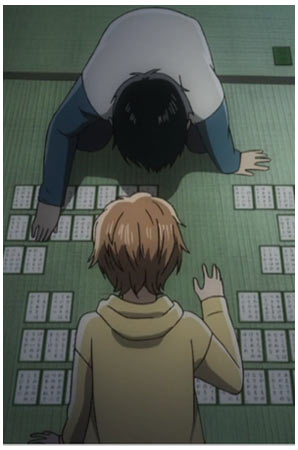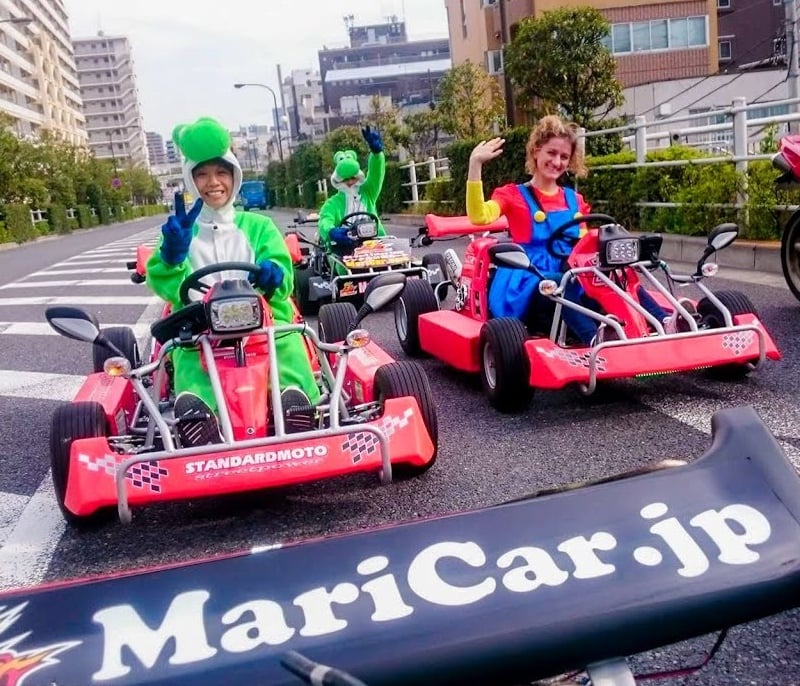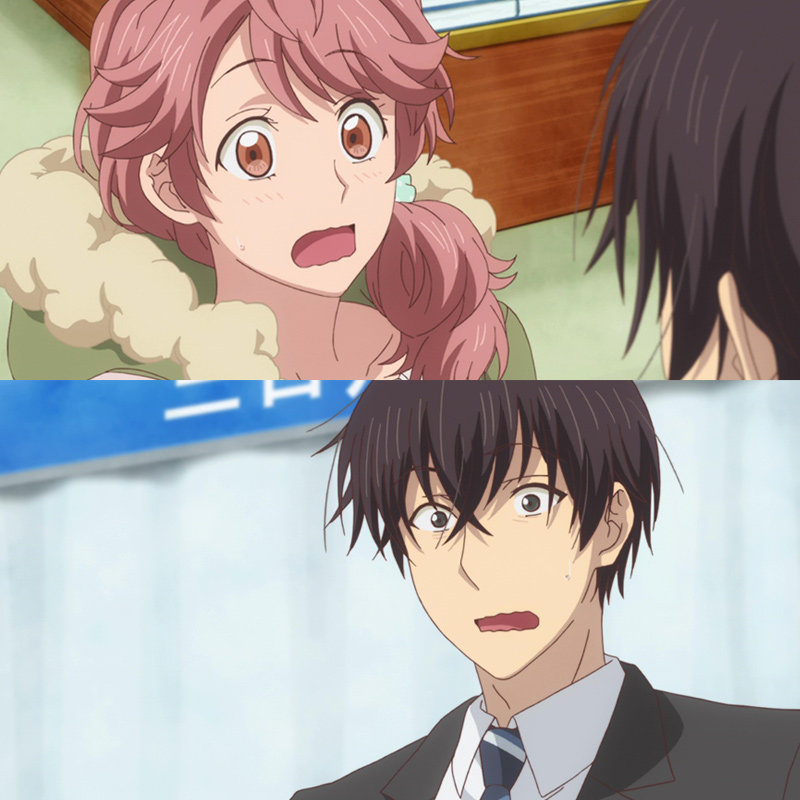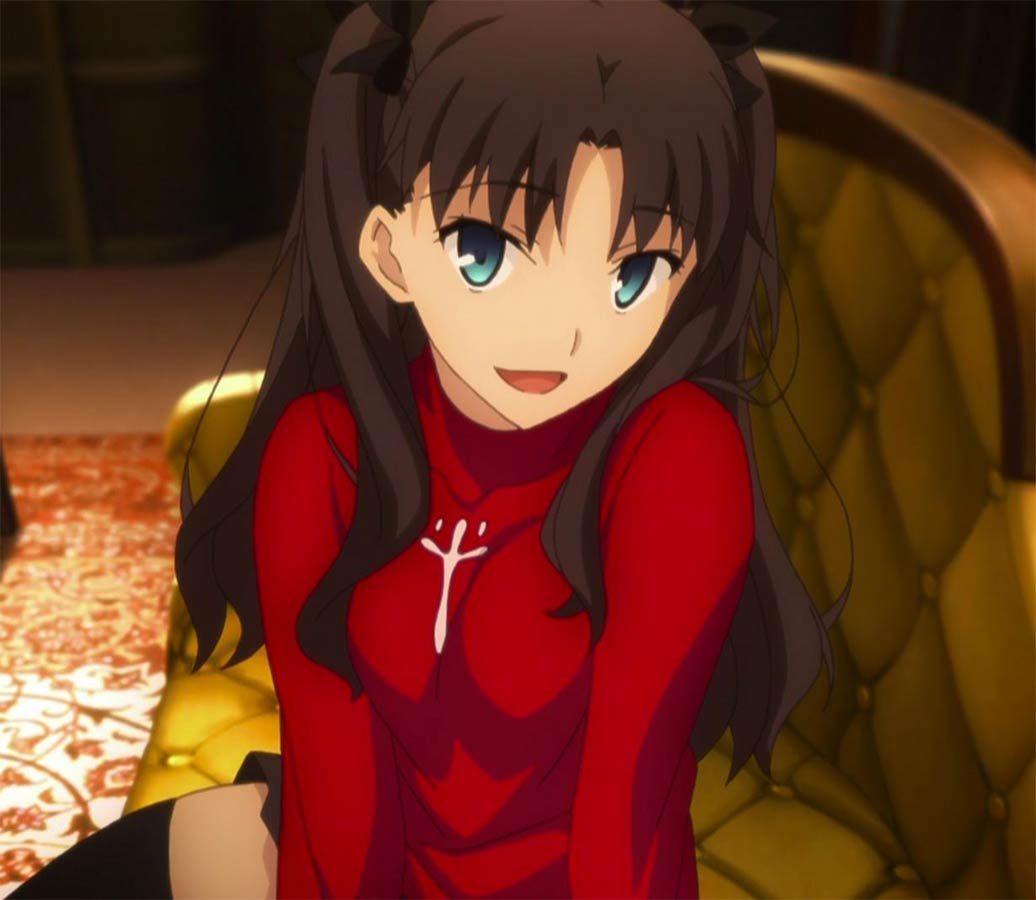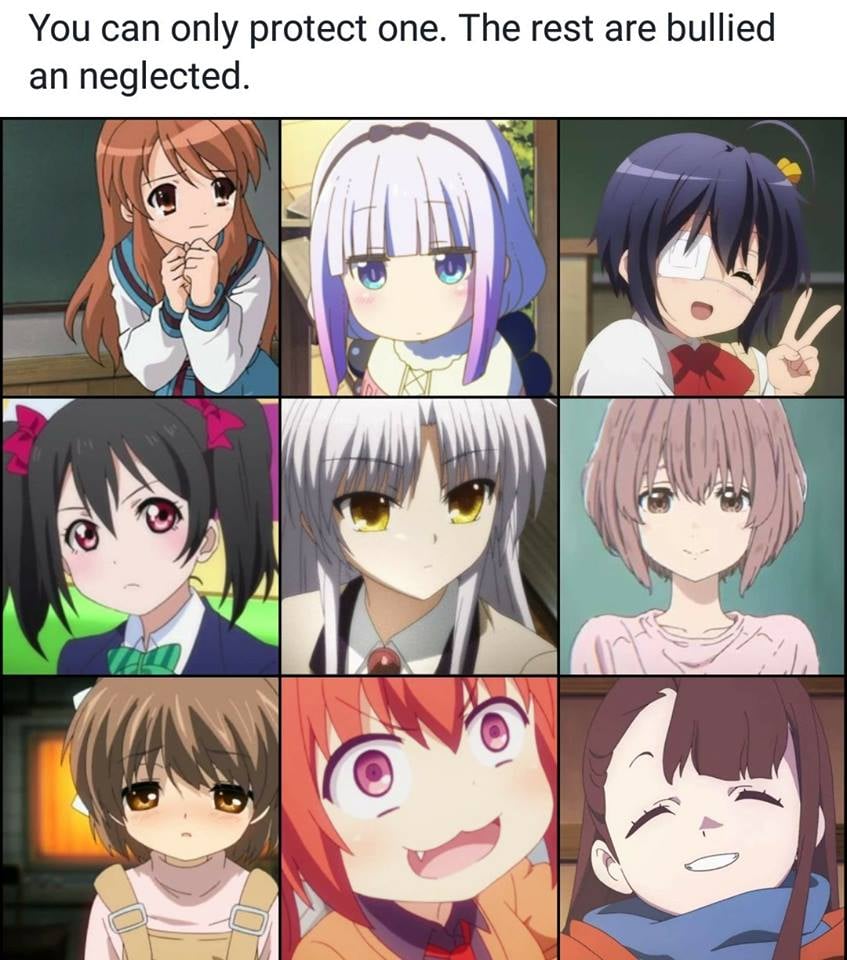The Japanese are good at coming up with innovative ways of committing information to memory, like the man who memorized pi to 100,000 decimal places by using mnemonic hooks that made it easier for his brain to visualize each successive number. Another effective way of memorizing information is the traditional game of Karuta, which gets its name from the Portuguese word for “card” but is based on games played in the Imperial Court in ancient Kyoto more than 1000 years ago. In Karuta cards are laid out in front of two players, and the goal is for them to grab the card for the poem or phrase that’s currently being read before the other player can. There are many variations of the game, including a local version for learning about J-List’s home prefecture — “Gunma, in the shape of a crane in flight” — but the most famous version is called Hyakunin Isshu (“one hundred people, one poem for each”), a collection of short poems written in the Heian Period about real people who lived back then. What’s amazing to me is, the fun structure of the game engages children to happily memorize the phrases despite the archaic language of the period — how easy would it be getting Western kids to put away their Nintendo DSes and play a game involving archaic lines from Chaucer’s Canterbury Tales? If you want to learn more about this interesting bit of Japanese culture, watch the currently-airing anime Chihayafuru, which is quite a nice show. We also have some fun Karuta sets in stock on the site, too.
